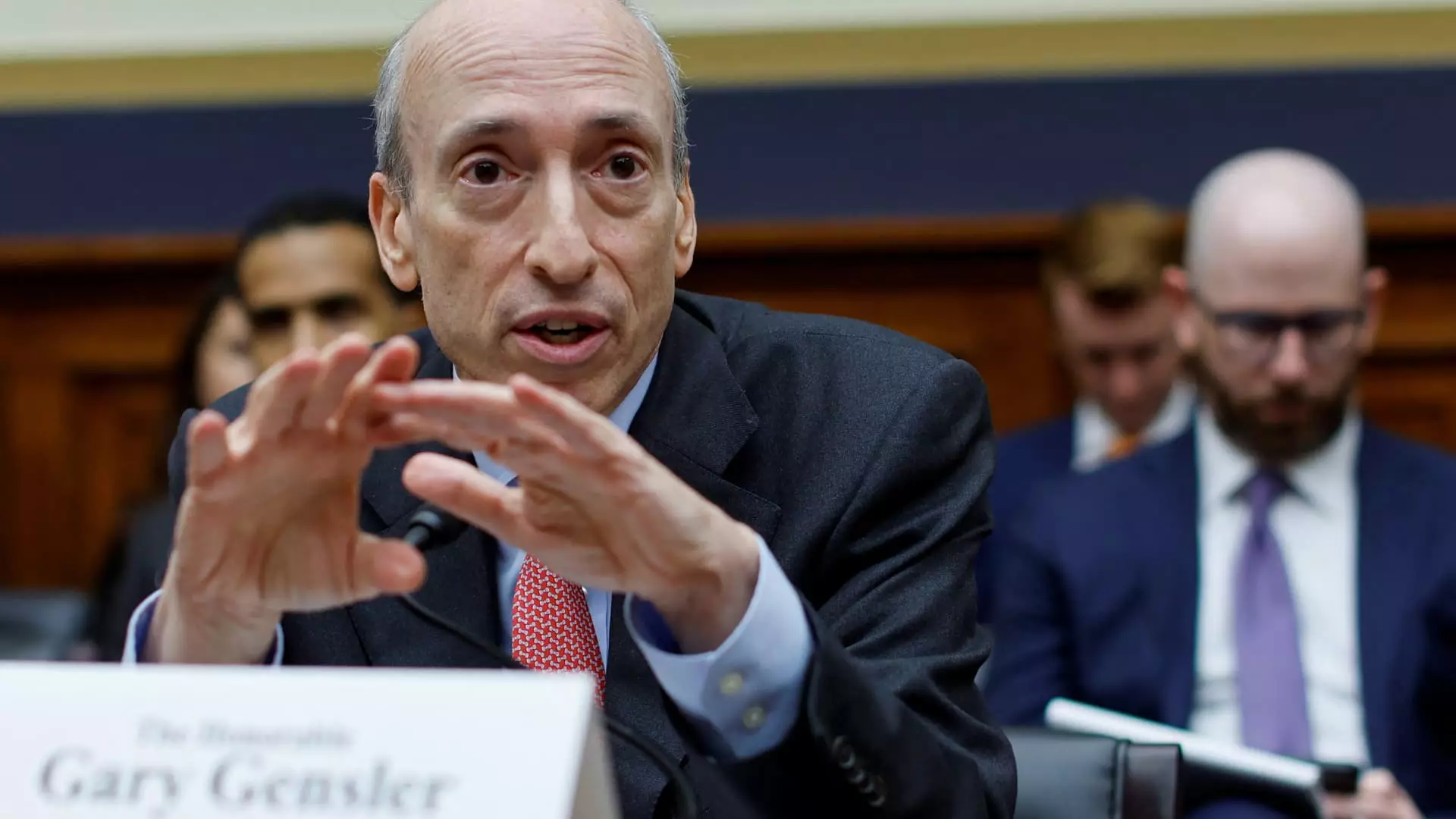Gary Gensler, chair of the U.S. Securities and Exchange Commission (SEC), delivered a significant address at the Practising Law Institute’s 56th annual conference on securities regulation, which many interpreted as a poignant reflection on his near two-year tenure. Since taking the helm in April 2021, Gensler has navigated the SEC through an increasingly complex financial environment, targeting transparency, investor protection, and the sweeping changes that technology has brought to financial markets. His recent remarks consciously acknowledged both the agency’s achievements and the broader landscape of regulation, effectively laying a groundwork for his legacy while also suggesting a moment of transition.
During his speech, Gensler detailed numerous regulatory measures instituted under his leadership. Notably, he emphasized enhanced disclosure standards, including mandates around data breaches, and executive compensation linked to company performance. These changes are crucial in ensuring that investors have access to pertinent information. Gensler’s reference to new rules regarding ownership stakes illustrates a firm commitment to maintaining comprehensive oversight over corporate governance and investment dynamics. However, he notably skirted the contentious topic of climate change disclosures, which have faced legal challenges and sparked debate among various stakeholders.
Furthermore, Gensler noted advancements in market structure, highlighting the SEC’s introduction of central clearing for Treasury securities and the reduction of stock settlement times from two days to one. Such measures aim to enhance market efficiency and reduce systemic risks, showcasing his proactive approach to modernizing financial regulations to keep pace with evolving market practices.
Perhaps the most striking element of Gensler’s address was his robust defense of regulatory actions surrounding the cryptocurrency sector. While he acknowledged Bitcoin’s unique status, he stressed that most of the other 10,000 digital assets are likely subject to SEC regulations as securities. This commentary marks a firm stance in the ongoing debate about the crypto landscape, highlighting concerns over investor safety amid a backdrop of increased volatility and market manipulation. Gensler’s assertions that the cryptocurrency industry requires stricter oversight underscore the SEC’s commitment to shielding investors from potential losses in a largely unregulated market.
His warnings about the “significant investor harm” stemming from inadequate regulatory measures serve as both a critique of existing practices and a call to arms for the industry and lawmakers alike. The emphasis on requiring registration for intermediaries like broker-dealers and exchanges signals a future in which regulatory expectations could tighten further.
As Gensler closed his address with a heartfelt tribute to his colleagues, the tone suggested introspection mixed with a recognition of the agency’s journey ahead. While he did not announce any intention to step aside, the essence of his farewell-like statements leaves a lingering sentiment of transition. Whether this was an emotional reflection on his experiences or a strategic positioning for what lies ahead remains to be seen.
In grappling with the evolving finance landscape, Gensler’s leadership has undoubtedly left an imprint on the SEC’s operations. His commitment to upholding transparency and investor protection suggests a forward-looking vision, ensuring that the capital markets are prepared for the challenges and innovations on the horizon.

